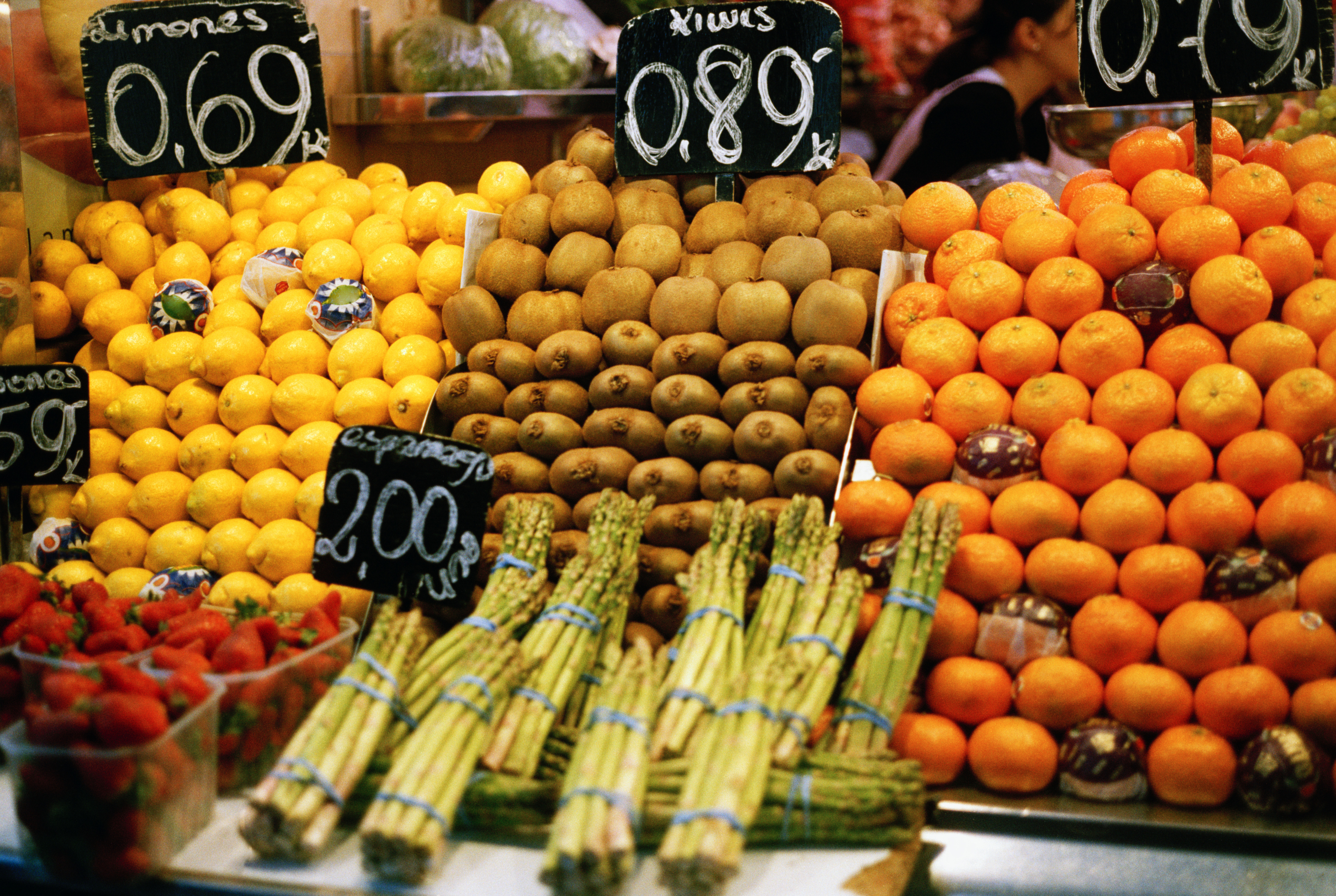Food Prices Can Affect Your Diabetes
By Staci Gulbin, MS, MEd, RD, LDN

For many people who have diabetes, one of the greatest challenges is budgeting time and money. Eating healthier foods, working out, and buying medicines and diabetes care supplies can put a strain on your schedule and your wallet. In fact, a recent report has found that food prices can affect your blood glucose level if you have diabetes.
The research
The U.S. Department of Agriculture (USDA) looked at the effect of unhealthy versus healthy food prices in relation to blood glucose levels in people with diabetes. They found that:
- Higher prices for produce and low-fat dairy products were linked with higher fasting blood glucose levels.
- Food prices had a greater effect on those with low incomes than those with higher incomes.
The researchers believe that the prices of healthy food have an impact on the blood glucose levels of people with diabetes.
Take home message
The cost of healthy foods can affect the way you plan your meals, for better or for worse. Eating lean meats, low-fat dairy, and fruits and vegetables each day is key to keeping your weight in a healthy range, as well as keeping your diabetes under control. Eating healthy does not have to be expensive. Eating healthy on a budget is just a matter of taking time to plan meals before shopping, and using the tips below to get the most nutrition for your dollar.
How do I eat healthy on a budget?
- Plan meals ahead of time: Take a look at what is in your fridge and pantry at the start of each week and take stock of what you have on hand. Plan some meals for the coming week based on items you have that you need to use before they expire. Create a shopping list based on what foods you need for a complete meal for other days. Make sure each meal has a least a lean protein source and some veggies, and maybe a healthy starch such as whole-grain rice on the side.
- Do grocery market research: Look at the grocery stores in your local area and see what foods are on sale that week. Plan your meals around those healthy items that may be on sale. Also, check your local market for “red tag” specials on lean meats that need to be sold within the week. They will likely have such items at a discounted price.
- Clip coupons: Check your local newspaper or online for coupons for healthy food items. Check to see if your local store doubles or triples coupons on certain days and make that your shopping day.
- Buy frozen instead of fresh: Veggies and fruit are sold at a much cheaper price frozen than fresh, and contain just as much nutrition. Frozen produce can be bought in bulk if it is on sale and kept frozen for a long period of time.
- Only buy what you need, not what you want: If you go to the grocery store when you are hungry, unhealthy items may end up in your cart. Be sure to go to the grocery store with your weekly meal plan and shopping list in hand, so that you buy only what is on your list. This can not only save you money, but save you excess calories, too.

